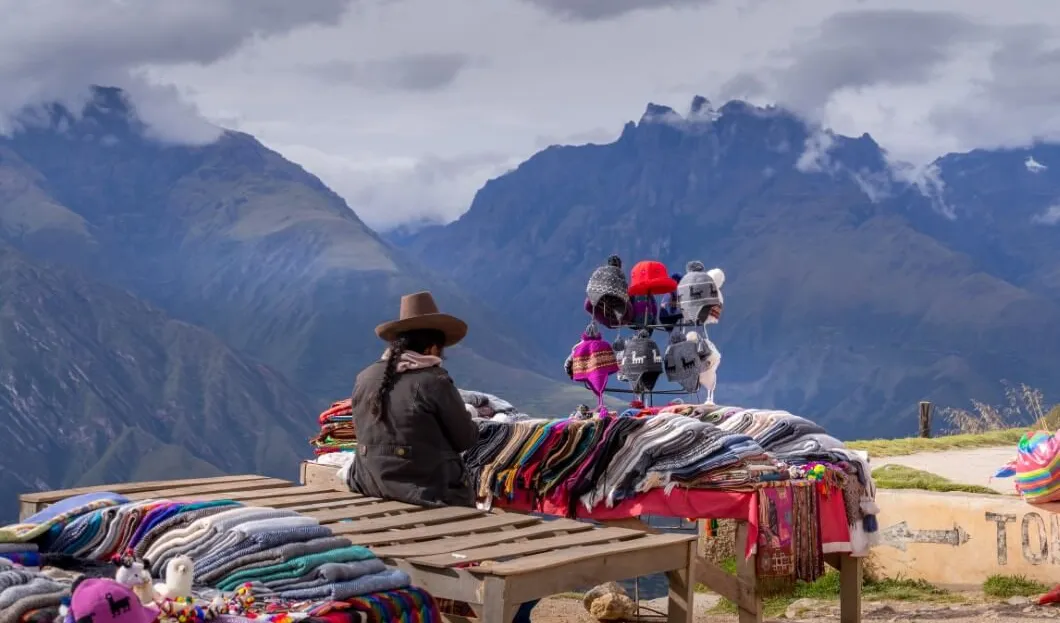
The pandemic severely affected Peru's tourism industry, which has not yet recovered. The lack of effective initiatives to promote the country and the ongoing social unrest have further hindered the sector's slow reactivation compared to other nations that have performed better. Although there are hopes for a better performance this year, significant challenges still need to be addressed.
In 2019, Prom-Peru allocated S/215 million (about $58 million) to promote tourism in the country. However, the pandemic reduced these resources by more than half between 2020 and 2022. On average, only S/90 million (about $24 million) was spent each year. As a result, the number of international fairs organized by Prom-Peru decreased drastically, from 191 in 2019 to only 48 in 2022.
Last Year's Results
Peru's tourism industry has struggled to recover due to low international promotion and ongoing social protests. In 2023, the country's main tourist attractions received 5.6 million visits, 26% less than the number of visits received in 2019. Domestic tourism has almost fully recovered, with 97% of visitors. Still, only half of the visits from foreign tourists have been received, resulting in only 2.5 million international tourists visiting Peru in 2023, a significant drop from the 4.4 million in 2019. This decrease can be attributed to fewer tourists arriving from Chile (-602,000), America (-167,000), and Argentina (-116,000).
As a result of the decline in tourism from these three countries and the average expenditure per tourist, it is estimated that Peru lost over US$700 million in travel expenses last year. This amount represents 42% of Cusco's wage bill for the same year. As a result, foreign exchange income from tourism in Peru fell from 2% of GDP in 2019 to 1.3% in 2023, a decline of 25%. In contrast, Colombia managed to increase its foreign exchange income by 19%, reaching an all-time high of 2.5% of its GDP, thanks to its spending on tourism promotion growing every year between 2019 and 2023.
The decline in the tourism industry has significantly impacted Peru's economy. The sector's contribution to the country's GDP decreased from 3.9% in 2019 to 2.5% in 2023, amounting to a decrease of more than US$1,000 million. This decline has resulted in over 300,000 jobs remaining unrecovered.

The Hope of 2024
In the second half of 2023, Peru increased its spending on promoting tourism to S/221 million, only 3% more than the amount spent in 2019. However, there are still other significant challenges that need to be addressed. One of the main issues is the increase in insecurity, especially in Cusco, the country's primary tourist destination. The city recorded the second-highest percentage of crime victims in the nation (29%, compared to the national average of 23%). Additionally, the low quality of airport infrastructure and tourist services, combined with the delay in implementing new initiatives, remains a concern. According to Mincetur, as of February 2023, only 3% of prioritized tourism resources provided adequate services, highlighting the urgent need for investments in the sector.
The IPE estimates that by 2024, international tourists' arrivals could increase to 3.2 million, generating around US$4.4 billion in foreign exchange. However, if the number of visitors in 2019 (4.3 million) is reached, foreign exchange could increase by almost US$1.6 billion above the baseline scenario.
Considering the potential of Peru’s tourism industry, the authorities must double their efforts. Firstly, they must reposition Peru in the global tourism market and manage security and conflict issues. Secondly, popular attractions like Machu Picchu are not equipped to handle twice as many tourists, and there is no development plan in place for the new Chinchero airport. These are just some of the issues that need to be addressed. With the Easter season quickly approaching and the start of the second quarter, there is no time to waste in taking action to boost tourism for the rest of the year for the benefit of the citizens.









